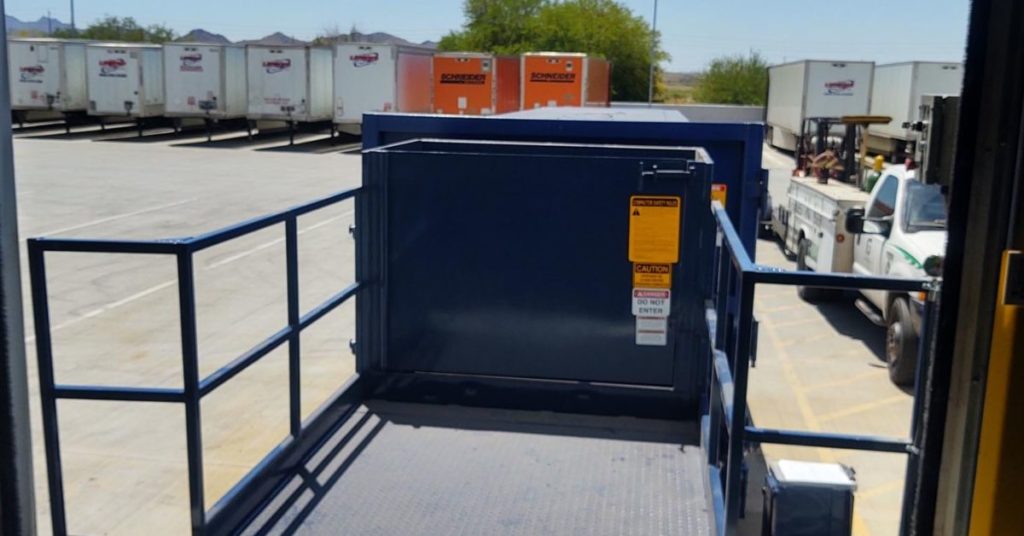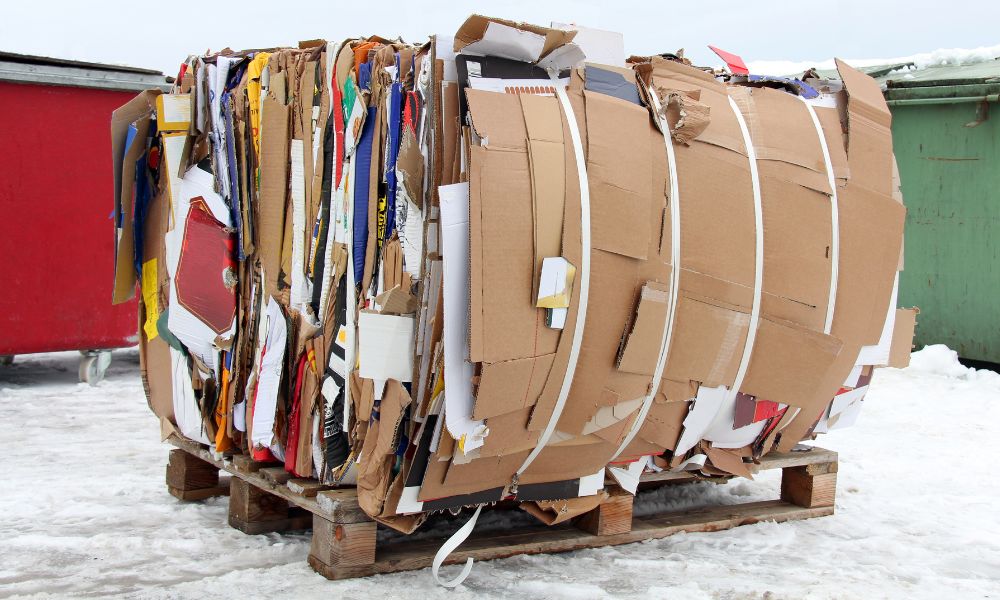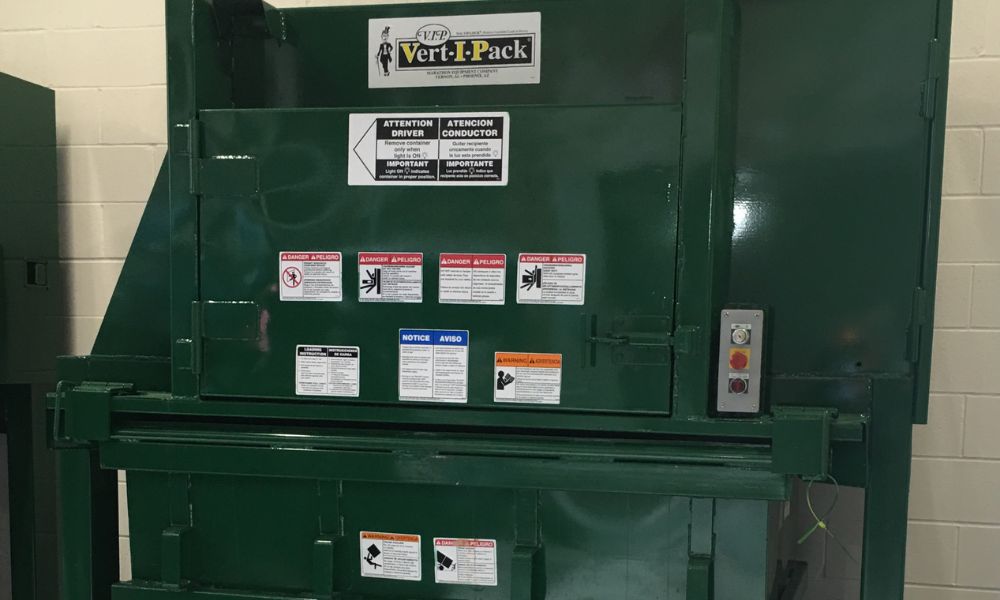Effective waste management is essential for protecting the environment, conserving resources, and ensuring sustainability. For waste management companies, environmental professionals, and businesses seeking efficient solutions, understanding the various types of waste management systems offers clarity on how to handle waste responsibly, comply with regulations, and reduce environmental impact. Keep reading as we look at the different types of waste management systems and the critical role each plays in managing waste efficiently.
What Waste Collection Systems Exist?
Waste collection systems are the first step in managing waste, ensuring materials are removed from their point of origin for proper treatment or disposal. Two prominent waste collection methods are curbside collection and drop-off centers.
Curbside collection is a widely adopted system where households and businesses leave waste containers at designated areas for scheduled pickup by waste management vehicles. This method is convenient, but it requires efficient planning, such as route optimization and reliable schedules, to minimize costs and environmental impact.
In contrast, drop-off centers require individuals and businesses to transport their waste to designated facilities. This system is ideal for recyclable materials or bulky items, such as electronics and metal scrap. Drop-off centers often foster better segregation of waste, which simplifies the recycling or treatment process later.
What Are Centralized Waste Management Facilities?
Once waste collection is complete, centralized facilities process and dispose of it responsibly. Three prominent types include landfills, incineration plants, and recycling plants.
Landfills are the most common form of waste disposal, where waste is buried in a controlled manner to avoid environmental hazards. Unfortunately, one drawback of landfills is their contribution to methane emissions, highlighting the need for alternative waste systems.
Incineration plants use high-temperature combustion to reduce waste volume. These facilities are especially effective for handling nonrecyclable materials. Modern incinerators often implement energy recovery systems, transforming waste into usable energy while reducing reliance on landfills.
Recycling plants are pivotal in the circular economy. These facilities process materials like plastic, paper, and metal into reusable resources. By transforming waste into valuable commodities, recycling plants contribute to resource conservation and economic sustainability.
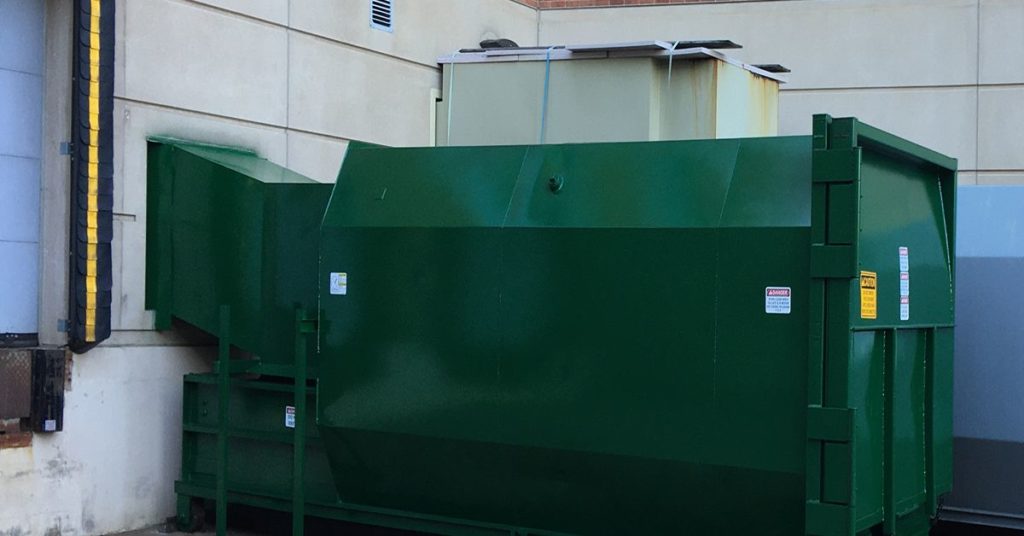
What Waste Treatment Technologies Are Available?
Composting and anaerobic digestion are common waste treatment technologies that manage organic waste like food scraps and garden material.
Composting is a natural process where organic matter decomposes under aerobic conditions, resulting in nutrient-rich compost. Businesses in sectors like agriculture and landscaping increasingly rely on this technique as a cost-effective way to produce fertilizer while minimizing food waste.
Anaerobic digestion, on the other hand, is a process where microorganisms break down organic matter in the absence of oxygen. It produces biogas, which can be used as a renewable energy source, and digestate, a nutrient-rich byproduct. This system is particularly effective for businesses looking to reduce landfill waste while contributing to clean energy production.
What Are Waste Reduction Strategies?
Reducing waste at its source is one of the most effective ways to manage it. Source reduction, reuse, and recycling are key strategies that businesses can implement to minimize the amount of waste they generate.
Source reduction involves designing products to use fewer materials or generating less waste during production. For example, businesses can choose minimalistic packaging or digital processes to significantly cut down paper usage.
The reuse strategy encourages businesses to repurpose materials whenever possible. For instance, using durable packaging solutions or refurbishing furniture reduces the demand for raw materials while saving costs.
Recycling remains a critical strategy that focuses on separating and processing used materials into new products. Businesses that segregate recyclables effectively often find value in partnering with experts who handle baler rentals to streamline the compression and storage of recyclable materials.
What Are Specialized Waste Management Systems?
Some waste types require tailored systems to make sure they are processed or disposed of safely. Hazardous waste, medical waste, and electronic waste (e-waste) management systems are some of the most common types of solutions that cater to specialized needs.
Hazardous waste management systems deal with substances posing significant health or environmental risks, such as industrial chemicals or toxic materials. These systems emphasize compliance with stringent regulations to ensure safety.
Medical waste management systems focus on safely disposing of biological and infectious waste generated by the healthcare sector. Dedicated treatment methods, such as autoclaving or chemical disinfection, ensure proper disposal while adhering to health protocols.
E-waste management systems handle discarded electronic devices like smartphones, laptops, and batteries. Specialized facilities recover precious metals and safely dispose of hazardous components to reduce the environmental impact of electronic waste.
What Role Does Technology Play in Waste Management?
Advancements in technology have revolutionized waste management systems, making them more efficient and environmentally friendly. Smart waste bins and GPS tracking for waste collection vehicles are two technologies transforming the industry.
Smart waste bins use sensors to monitor waste levels in real time, notifying collection services when bins are full. This minimizes unnecessary trips and reduces fuel consumption, cutting costs for businesses and communities.
GPS tracking for waste collection vehicles allows for optimized route planning by reducing operational costs and emissions. This technology is especially useful for large-scale waste management companies aiming to streamline their services.
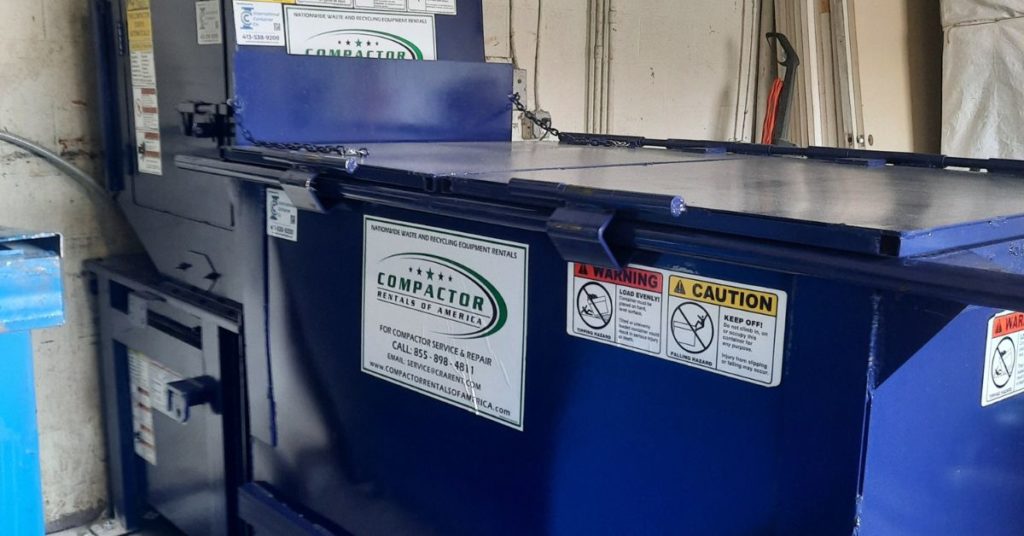
How Businesses Can Implement Effective Waste Management
Businesses looking to improve their waste management practices can start with waste audits and employee training.
Conducting a waste audit will identify the types and volumes of waste generated. This data enables businesses to create targeted strategies to reduce waste and improve recycling efforts, ultimately saving costs.
Employee training ensures that staff members are educated about proper waste disposal practices. From understanding recycling codes to minimizing contamination, well-trained employees contribute significantly to a business’s waste reduction goals.
The Benefits of Integrated Waste Management
Integrated waste management combines various strategies, such as recycling, composting, and landfill usage, to handle waste effectively. It offers clear benefits for the environment and business operations.
Environmentally, integrated waste management reduces landfill dependency, minimizes greenhouse gas emissions, and protects biodiversity. For businesses, it promotes resource conservation and positions them as socially responsible entities, which appeals to increasingly eco-conscious consumers.
Choose the Right Waste Management System
Choosing the right waste management system depends on assessing needs and considering costs.
Assessing needs requires understanding the types of waste a business generates, waste volumes, and specific industry requirements. For instance, a healthcare organization may need specialized medical waste disposal, while a manufacturing business might benefit from baler rentals for efficient recycling.
Considering costs ensures that the chosen system aligns with budget constraints. While upfront investments in certain waste management systems might seem high, they often pay off by reducing long-term operational expenses.
The Future of Waste Management
The waste management industry continues to evolve, driven by technological advancements and a growing need for sustainability. By exploring the systems and strategies outlined above, businesses can adopt solutions that lower their environmental impact and lead to significant cost savings and operational efficiencies.
For organizations seeking expert guidance, our waste management consulting services at Compactor Rentals of American provides tailored solutions to meet your specific needs. Start exploring efficient systems today and contribute to building a more sustainable future.
